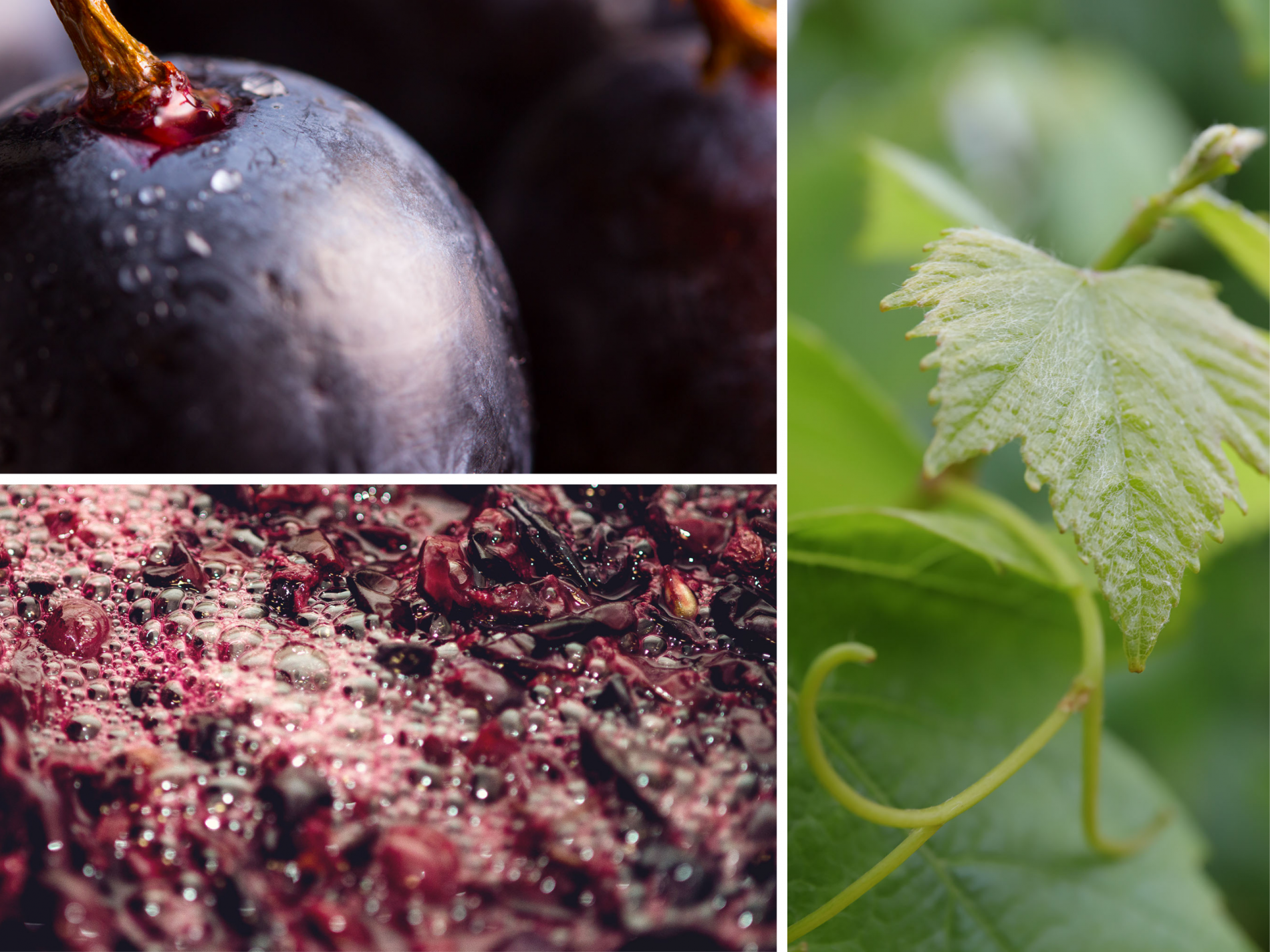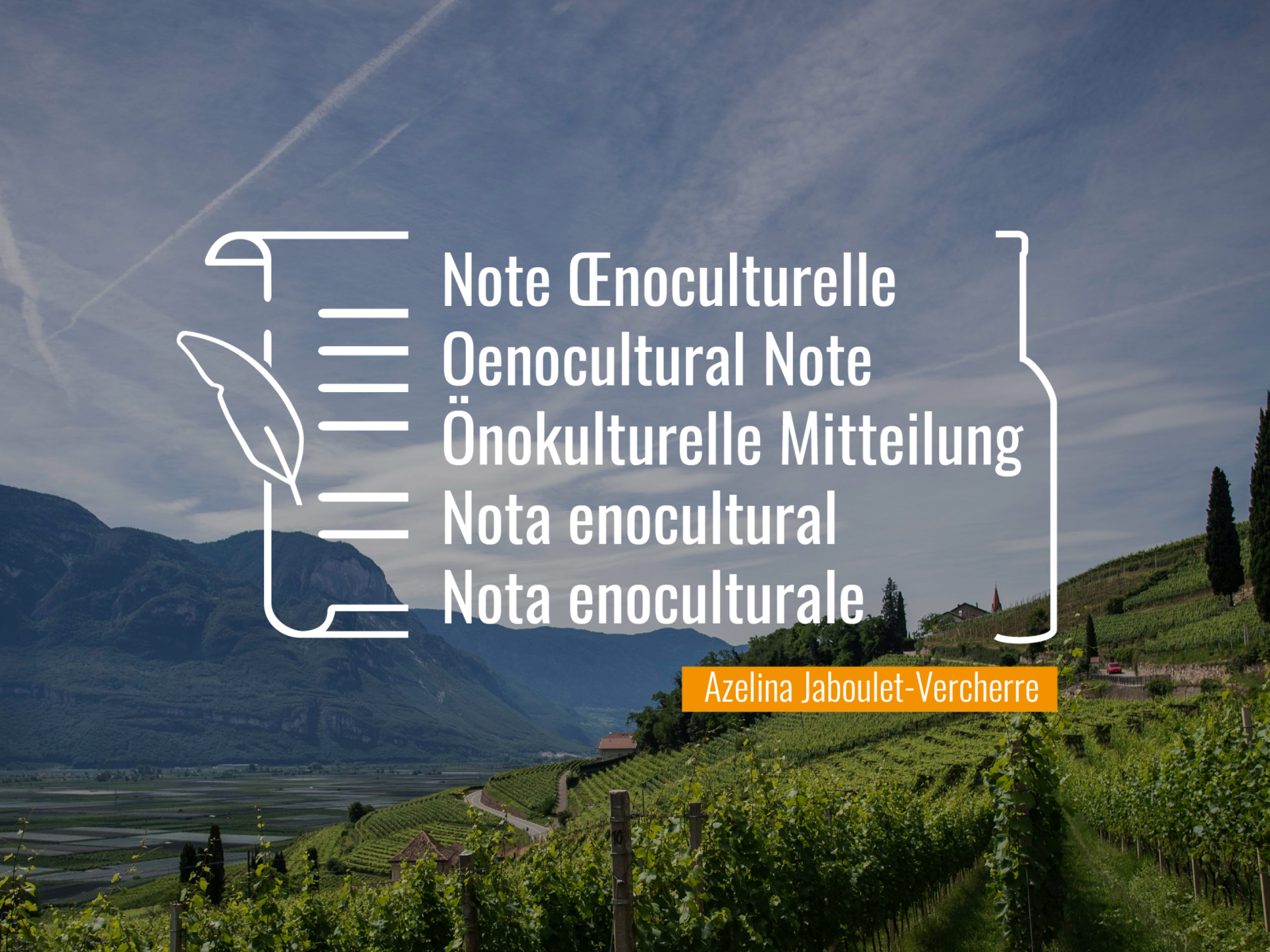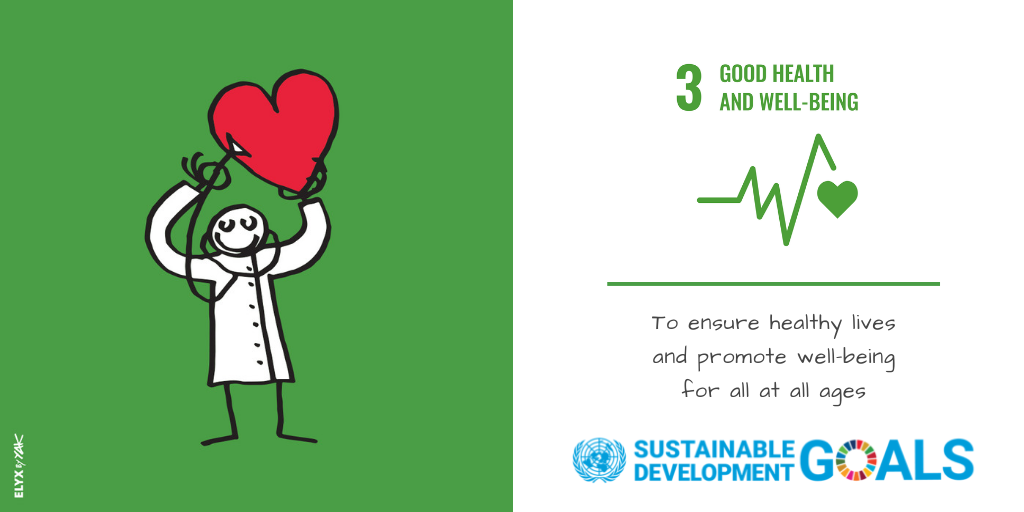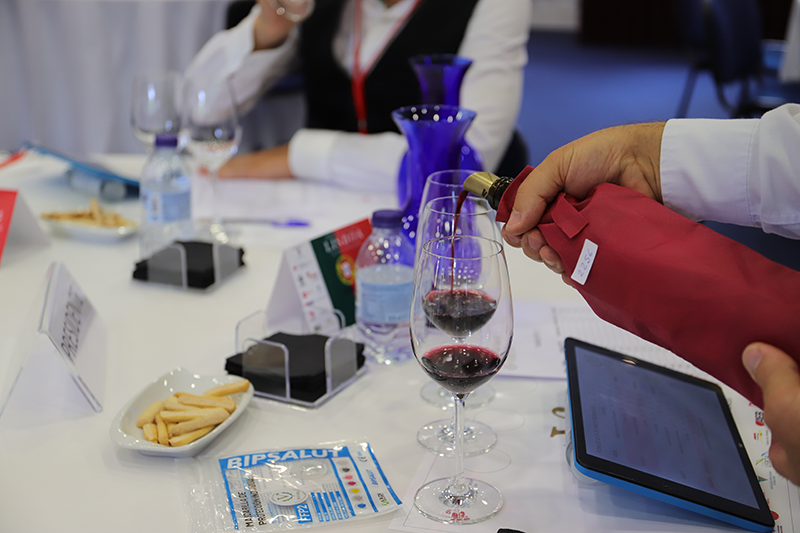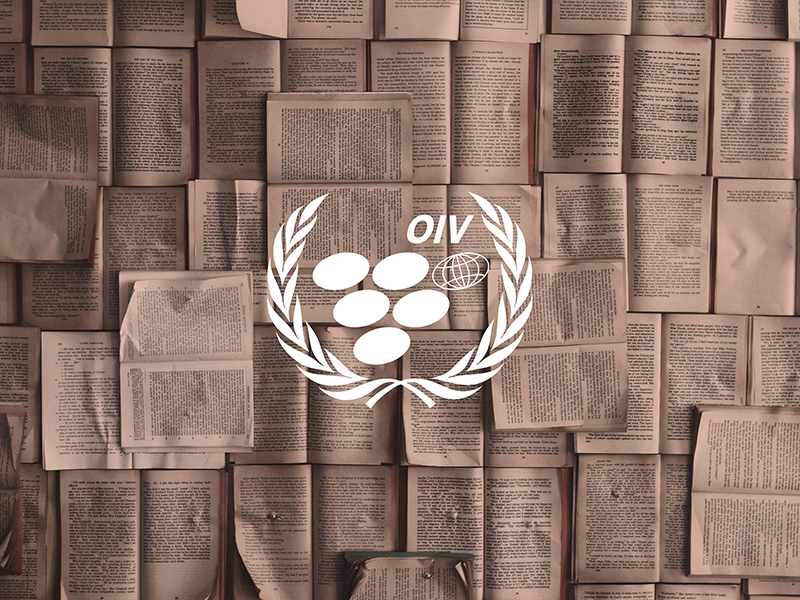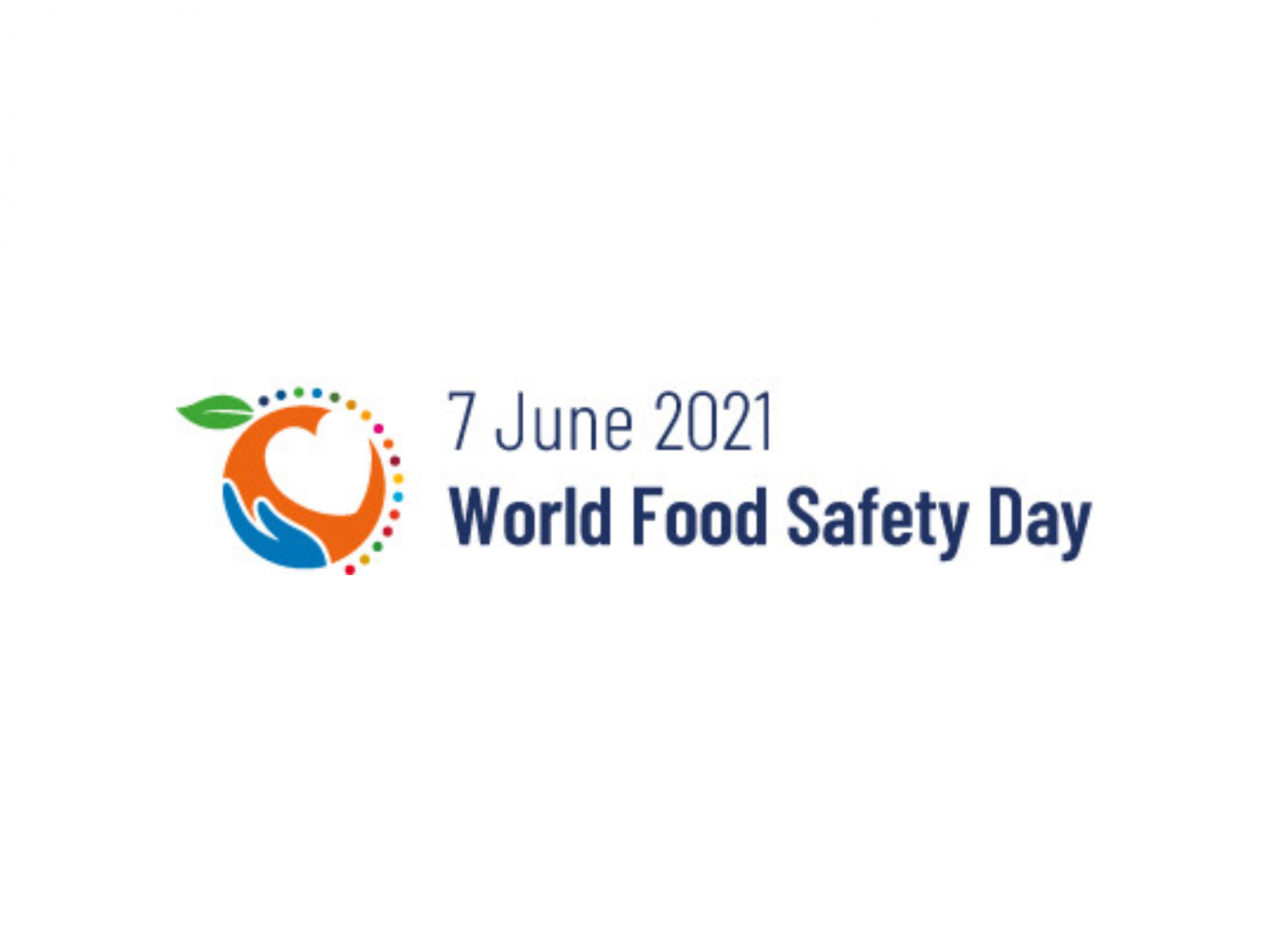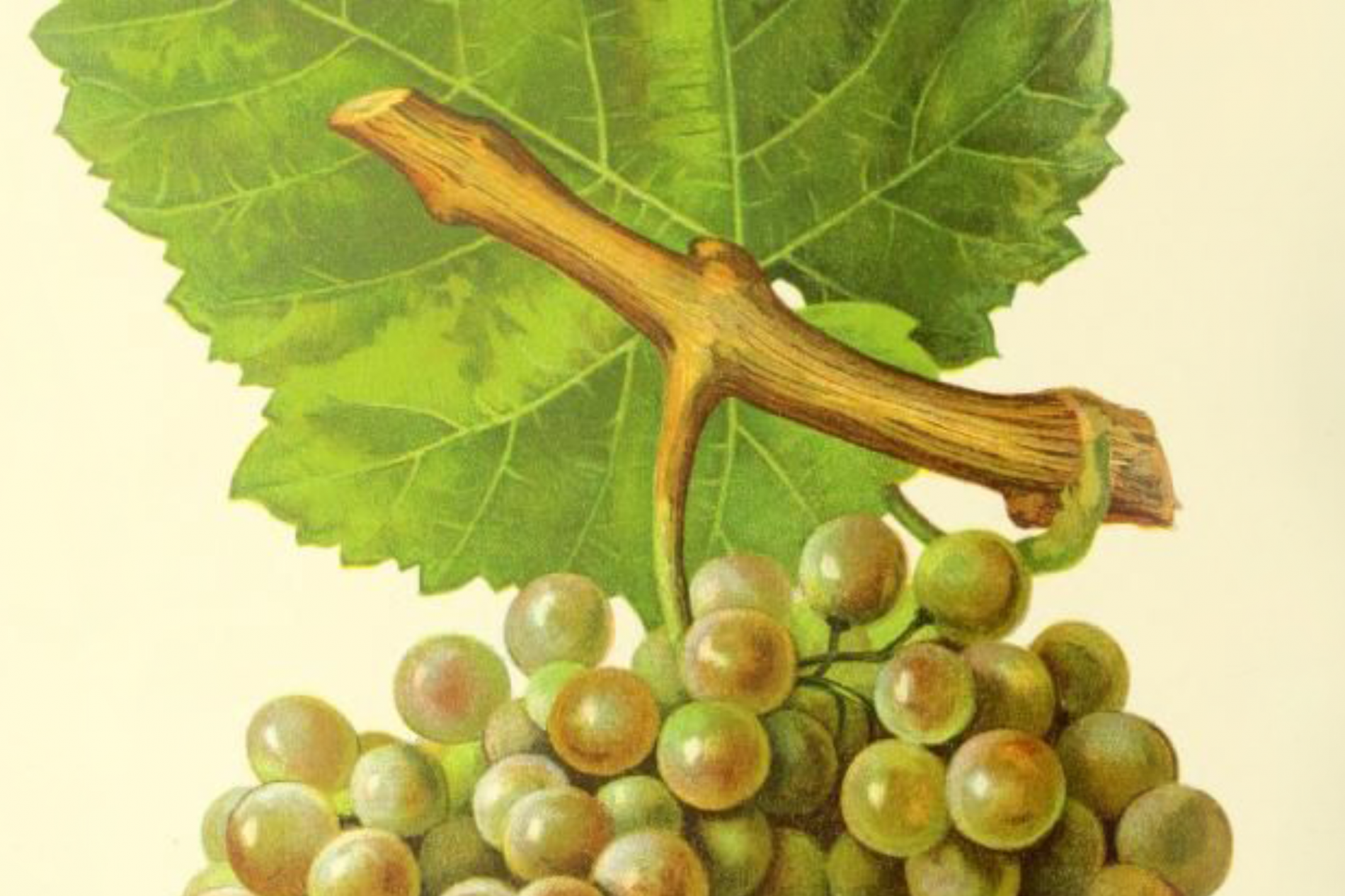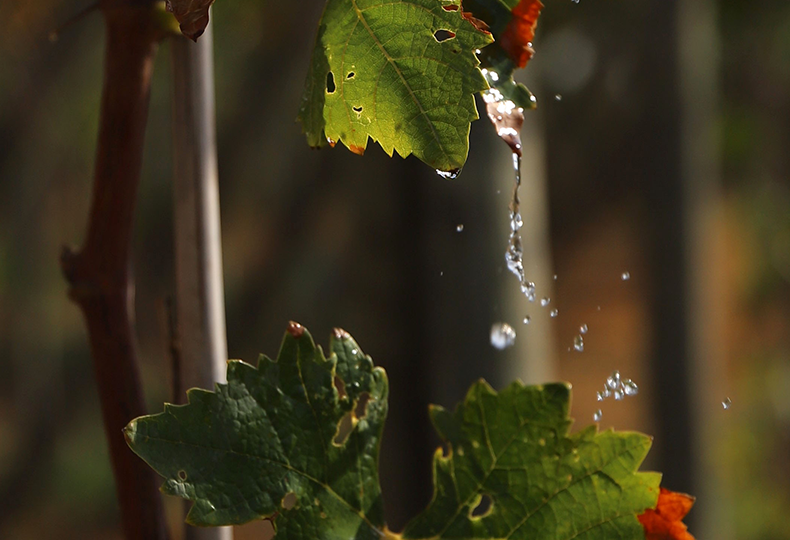29 Jun 2021
The OIV welcomed the signature of a consortium agreement between Viña Concha y Toro (Chile), Moët-Hennessy (France), Sogrape (Portugal), Familia Torres (Spain) and Yalumba Family Winemakers (Australia) with the objective of contributing to promoting and supporting the Organisation’s technical and scientific diffusion. Press release
28 Jun 2021
In vino veritas. You have all heard this statement, possibly thinking that it emerged in Latin. Yet here, as often, the Romans took this notion from the Greek: οῖνος καὶ ἀλήθεια (oinos kai aletheia). It appeared as early as the 6th century B.C. in works by the poet Alcaeus (Fragments, 333), Athenaeus (The Deipnosophists, II), Plutarch (The Life of Artaxerxes), Cicero (Topics), or even the Babylonian Talmud (Eruvin 65a). Among wine lovers, particularly in the Loire, Rabelaisian precepts are quoted at will. We rejoice in the idea of the divine bottle when wine is poured. However, in Rabelais’ work, its physical presence fades into the background: it features an oracle. In the Fifth Book (chapter XLV), when he writes “by wine we become divine”, he alludes to embracing religion, or at least a spiritual quest which prevails, by far, over materiality. Rabelais’ “pantagruelism” itself is an orgiastic simile, standing for knowledge. The body is a mere medium for the spirit’s uplifting. “Laughing is man’s gift” he wrote, and long before Bergson. Making this statement as an isolated quotation leads to misreading. Indeed, Rabelais quickly takes it back with the following words: “Not laughing, but that drinking is the distinguishing character of man […]1. Such assertions are part of the genesis of the history of wine and are worthy of renewed attention.
As a medievalist, it is my joyful mission to introduce the noble words of the history of wine within their proper context, thereby giving justice to their authorship and scope.I am delighted to introduce this new column entitled Enocultural Note, regular reminders of my allegiance to the OIV, wine and history: a beautiful opportunity to share insights on wine. Let us hope that the illustrious characters I will be selecting for you will help us understand our own relationship to wine. Azélina Jaboulet-Vercherre Azélina Jaboulet-Vercherre - Wine historian Since she received her Ph.D. degree in History (Yale University, 2011), Azélina Jaboulet-Vercherre has created wine history and culture courses, tailored to various higher education institutions, particularly Ferrandi Paris (where she currently is an associate professor). In 2019, the OIV Scientific and Technical Committee appointed Azélina to the position of President of the International OIV Award Jury. ____________ 1 Fifth book, Chapter XLV. “How Bacbuc explained the word of the Goddess-Bottle”
22 Jun 2021
From 22 to 25 June, the Alcohol, Drugs and Addictive Behaviours (ADA) Unit, within the Department of Mental Health and Substance Use at WHO headquarters organise the FADAB. An event in which the OIV took part yesterday, bearing in mind that one of the organisation’s core missions is to help protect consumer health and to contribute to food safety, as stated in the Agreement of 3 April 2001, Article 2.2. In particular: by specialist scientific monitoring, making it possible to assess the specific characteristics of vine products; by promoting and guiding research into appropriate nutritional and health aspects; by extending the dissemination of information resulting from such research to the medical and healthcare professionals. As an intergovernmental organisation, the OIV supports all actions which lead to the reduction of harmful use of alcohol. The Organisation is also committed to the SDGs, and at a broader level, this involvement is observed in the Axes of the OIV Strategic Plan. In particular, Axis III “Contribute to social development through vitiviniculture” is aligned with SDG 3 “Good health and Well-being”. Read full press release
20 Jun 2021
After the first lockdowns which obliged wine competitions to stop their activity, the evolution of the sanitary conditions, even if strict, allowed a slowly and adapted return of these events.This is the case of International Awards Virtus, which took place from 12 to 14 June 2021 in Lisbon, Portugal, under the OIV patronage. The dates initially scheduled for this year’s edition had be to changed, but that didn’t discourage the organisers. “Our competition is at its third edition, we are growing and it was fundamental for us to do it. We considered that cancelling the event wouldn’t be favourable to our evolution”, explained Tomas de Soto Rioja, Virtus General Manager.Tomas de Soto Rioja, International Awards Virtus General Manager© Photo: Ricardo Palma VeigaA decision that required a significant investment to guarantee the necessary sanitary conditions, such as the antigenic tests which the jurors had to do before entering the competition building where the event was held: the Fundação Cidade de Lisboa.For Tomas, the most difficult aspect during a pandemic is the unpredictability: “something that is allowed one day, the following day may be legally forbidden, we never know what to count with”, referred.Earlier in October 2020, in South America, the OIV Brazilian expert Fernanda Spinelli participated in the Brazil Wine Challenge, in Bento Gonçalves (Brazil). Despite the pandemic, the competition also under the OIV patronage, organised by the “Associação Brasileira de Enologia, “had more participation then it was expected, with a greater number of samples compared to its last edition”, referred Fernanda. When it comes to the sanitary protocol, the OIV expert explained that “the distance between the juror tables was respected and the use of masks was mandatory whenever the participants weren’t tasting, with the constant use of hydroalcoholic gel”. Even the meals “were thought out and scheduled to keep the tasters separate”. Fernanda explained that “this was the way found to maintain the event and avoid its cancellation”. From a personal perspective, Fernanda considered the competition a “very interesting and enriching experience”, and for her satisfaction “with a large feminine participation”.Fernanda Spinelli at the competition © Photo: Brazil Wine ChallengeExceptional measures for an exceptional situationThe OIV grants patronage to international or national competitions of wine and spirits of vitivinicultural origin, which required it and provided that their organisation and internal rules procedures are in accordance with the international standards of the Organisation. (learn more about the OIV patronage here). Aware of the current exceptional situation, the Organisation introduced derogatory measures concerning the geographical dispersion of jurors in international competitions. The OIV supports the activity of the wine sector by inviting wine competitions to rely on national tasters during this transitional period. “It was extremely important. We wouldn’t be able to maintain the competition if it wasn’t for that.”, affirmed the International Awards Virtus competition General Manager.The International Awards Virtus is a “familiar spirit” wine competition, held since its beginning in Lisbon. In 2021, an international jury of 27 people evaluated 376 samples in competition, from 9 countries. This measure was also observed in the Brazil Wine Challenge, with 49 national tasters against 8 international judges. A competition in which 774 samples from 16 countries were tasted.So far, in 2021, 28 wine competitions have been granted with the OIV patronage. OIV AgendaOIV news on wine competitions"Those who approach exceptional wines will always be rewarded"
08 Jun 2021
By Azélina Jaboulet-VercherreTime flies and the written word remains... The difficulties of our time – yet, has there been a time in history without suffering? – remind us again and again of the need to unite in our efforts, each with our own capabilities. My intention here, therefore, is not to shake up this downturn. On the contrary, I have the pleasure of announcing the high-quality 2021 OIV Awards, to which numerous specialist readers and sector professionals around the world have done us the honour of contributing by evaluating the candidate publications. "We welcome and congratulate professionals from these two sectors who – at the OIV and in authors’ thoughts – are working together.", Azélina Jaboulet-VercherreThe writers, photographers, researchers and website creators to whom we are preparing to give recognition* demonstrate their commitment to vines, wine and their “authors”, continuing on a literary form of conviviality – in both the real and virtual worlds. This link, which goes all the way back to ancient banquets, continues to this day, thanks to them. This 2021 vintage of the OIV Awards thus looks set to take place under the auspices of harmony between tradition and renewal: tradition due to the quality of the texts, recounting advanced research work; renewal thanks to the originality of publications, both in terms of their themes and editorial creativity. The “necessity” of literature alongside wine, of the enrichment of the classical and digital global vitivinicultural library, and of the transmission of knowledge on vine and wine no longer has to be proven.We welcome and congratulate professionals from these two sectors who – at the OIV and in authors’ thoughts – are working together. Then, too, there are, I think, topics of discussion that are particularly suitable for a drinking party. Some are supplied by history; others it is possible to take from current events; some contain many lessons leading to philosophy, many to piety; some induce an emulous enthusiasm for courageous and great-hearted deeds. If one makes unobtrusive use of them to entertain and instruct one’s companions as they drink, then not the least of the evils of intemperance will be taken away.Plutarch, Table Talk, book I, question 1 (Mor. 614a-b) * Meeting at the start of September for the deliberation of the 2021 International OIV Award Jury.
06 Jun 2021
On World Food Safety Day, the International Organisation of Vine and Wine (OIV) aims to draw attention to the actions of its 48 Member States as well as to promote the vitivinicultural sector as a driver of good practice and the sustainable food system. Science plays an important role in food safety. As the scientific and technical reference for the world of wine and vine, the OIV is working with other intergovernmental organisations on this year's theme: “Safe food today for a healthy tomorrow”. Consumers at the centre of the OIV's attentionFood safety requires all actors in the food chain to play their part in managing high food standards. The main objective is to provide answers to the expectations and concerns of consumers. Within this framework, the OIV develops production standards, techniques and analysis methods to guarantee the identity and authenticity of vitivinicultural products.One of the core missions of the OIV is to contribute to the protection of consumer health and the safety of the products. The "Security and Health" commission, with its "Food Safety" group of experts, is responsible for this. This expert group develops safety assessments and advice on wine treatments, processes and practices, as well as on the identification of risks for workers and consumers. Currently, the group is releasing several scientific reports on the safety assessment of various elements in wine such as aluminium, cadmium and zinc. Three OIV expertise documents on the assessment of lead, sulphites and arsenic respectively have been published.Consult files here [EN]Lead in Wine: a reviewSO2 and wine: a reviewArsenic and wine: a reviewRelated newsConsensus between the OIV and the Codex on the proposed limits on leadOIV-Codex Alimentarius cooperation on emerging issuesThe need for international cooperation To ensure food safety, international cooperation is necessary. The OIV closely collaborates with other intergovernmental bodies such as the Codex Alimentarius, the FAO and the WHO. Each of them brings its own specialisation to achieve a global vision of food safety. A recent example is the adoption of the same lead limits for wines and fortified wines/liqueurs between the OIV and Codex Alimentarius on proposals to ensure consistency in standards and international trade. It is fortunate that Codex can rely on the OIV as a technical and scientific intergovernmental organisation of reference in the wine sector.Mutualisation of information on food safety and interdisciplinary collaboration are two pillars to achieve a more resilient and sustainable agri-food system. More information on the FAO/OIV collaboration here. A commitment with sustainability The OIV's role in healthy and sustainable food is twofold: it relies on the United Nations SDGs (Sustainable Development Goals) and on the principle of sustainability.The Strategic Plan 2020-2024 and its strategic objectives have been guided by the different issues the international vitivinicultural sector has to face up to, but also by a desire to integrate, into the work of the Organisation, the 2030 outlook of the United Nations SDGs. The OIV is committed to 13 out of 17 of the SDGs, and is supporting its members in their implementation in areas relevant to its mandate of financial stability and sustainable and inclusive economic growth. Food Safety is crucial to enhance the sustainability of food systems and eradicate hunger and malnutrition in line with SDGs. Alongside, the OIV undergone a long work of consensus to reach a definition of sustainability (2004) and Guidelines for the implementation of principles of sustainable vitiviniculture (2020). The OIV believes that all collective organisation of the vitivinicultural sector should facilitate the dissemination of a holistic management culture and stimulate the development of local networks committed to sustainability Objectives.All these science based tools are meant to develop innovative, holistic and feasible “food chain” solutions. For more information please contact: Barbara Iasiello, OIV Safety & Health Head of Unit, sanco@oiv.int.
26 May 2021
Vine sciences will be at the forefront of the global vitivinicultural stage on 6-10 September 2021 in Alcala de Henares, Madrid (Spain), with the celebrated return of the OIV International Course in Ampelography.El Encín, IMIDRA (Alcala de Henares, Spain)On 6-10 September 2021, the "El Encín" collection of vine varieties will host nationally and internationally renowned professors for 5 days of theoretical and practical in-person classes designed to allow participants to exchange, update and/or deepen their knowledge about ampelography. The practical approach will make it possible to clearly and precisely identify vine varieties in the field, pointing to all the key characteristics to recognise these.Places are limited and course registration is open until 31 July 2021! To register, send an email to oivampelography@oiv.int.
Complete information and detailed programme hereRelated reading:The OIV works to disseminate ampelographyThe OIV International Course in Ampelography is back!
25 May 2021
Water resources, at global, regional and local levels are now recognised to be under severe pressure. Sustainable use of water has now become a societal, environmental, industry and business imperative across the globe, and a core policy for many governments, industries and commercial entities. Increasingly, social licence shall be dependent on the sound environmental credentials of all players in the supply chain, with sustainable water use as a leading theme. Many vineyard areas in more recently developed, semi-arid or arid regions have annual rainfall which cannot reliably support modern viticultural systems. Meanwhile, in other long-established systems, rainfall quantity and reliability has become inadequate or unreliable, making it difficult to meet supply chain demands for quality and supply assurance.Production systems have been further differentiated and adapted in the light of local conditions and resource availability (including water), informed by experience and relevant R&D, and according to the requirements of continually evolving markets.The document has been drafted by the Viticulture Commission’s “Vine Protection and Viticultural Techniques” (PROTEC)In this sense, the “Sustainable Use of Water in Winegrape Vineyards” document is intended to outline key, universally relevant principles specific to the activity of growing Winegrape vineyards, bearing in mind that variability in regional resource and environmental considerations, site characteristics and enterprise circumstances may be substantial, so requiring adaptation in practice to individual circumstances.The document has been drafted by the Viticulture Commission’s “Vine Protection and Viticultural Techniques” (PROTEC) Group and revised by other OIV Commissions.* OIV Scientific and Technical Committee chart
This document is freely available here [EN]Another step towards sustainabilityThe OIV adopted in 2018 the resolution OIV-VITI 569-2018 “OIV protocol for the sustainable use of water in viticulture” whose main objective is to define good water management practices based on principles of sustainability established in the OIV-CST 518-2016 resolution “OIV general principles of sustainable vitiviniculture - environmental - social - economic and cultural aspects”. The OIV, aware that this resolution should be accompanied by a document that spelled out certain technical and scientific aspects, decided to create a document of collective expertise within the PROTEC Group, with the objective that this document could be a tool for reference and guidance for the sector regarding the sustainable use of water. Furthermore, this document seeks to respond to the objectives of the OIV’s Strategic Plan for the period 2020-2024, particularly axis 1 “Promote environmentally-friendly vitiviniculture” through points B and C: “Improvement of environmental performance” and “Preservation of natural resources”. A tool for reference and guidance for the sector available on open source*OIV collective expertise documents are not submitted to the Step Procedure for Examining Resolutions and can under no circumstances be treated as OIV resolutions. Only resolutions adopted by the Member States of the OIV have an official character
